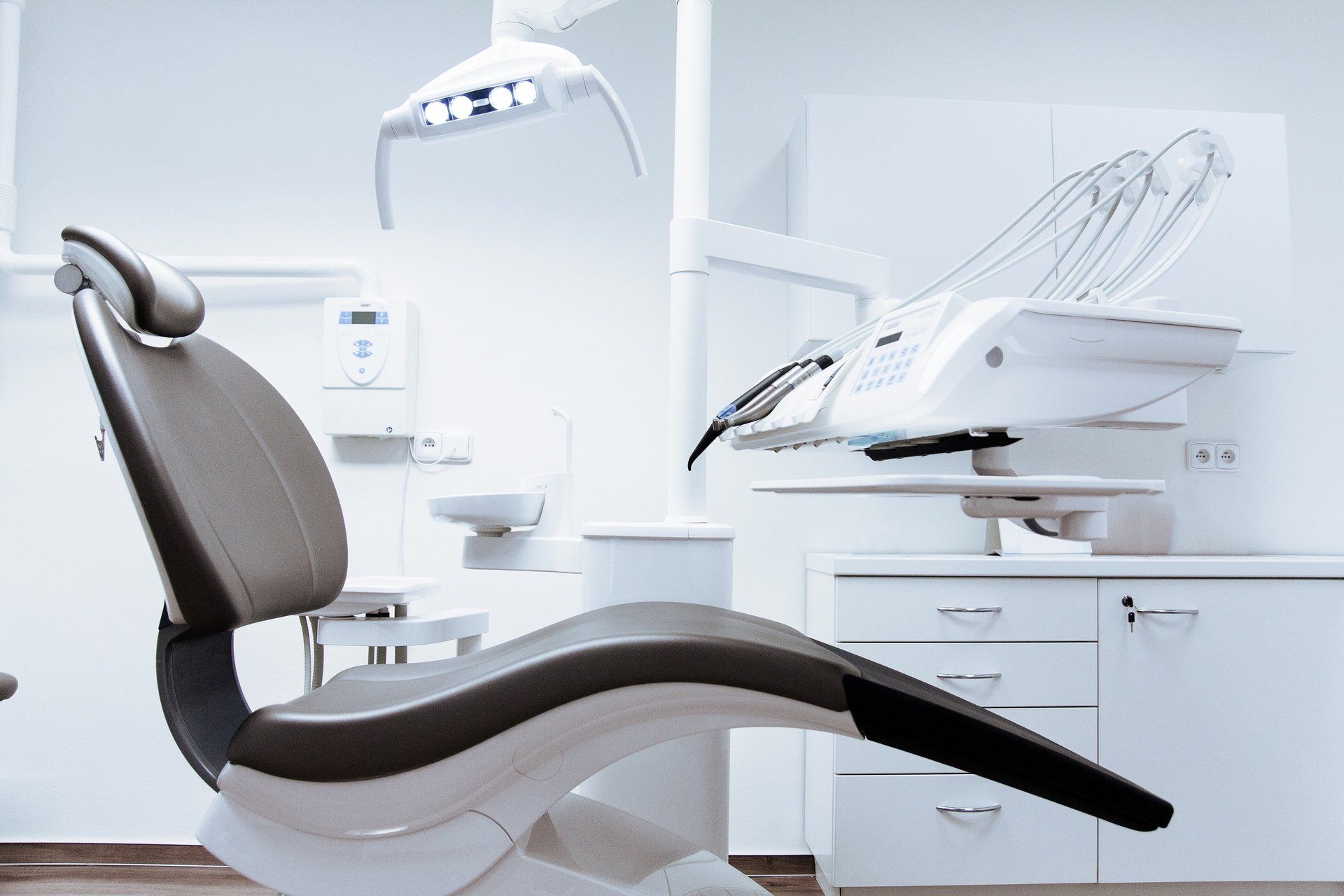The No Surprises Act: A Compliance Refresher For Dental Practices
It has been a few years since the federal No Surprises Act (the “Act”) went into effect. Enacted as part of the Consolidated Appropriations Act of 2021, the Act focuses on protecting patients from unexpected health care bills. For dentists, much of the law is irrelevant, such as provisions relating to balance billing. But the Act’s billing transparency requirements, including providing good-faith estimates to certain types of dental patients, are very much applicable.
Hopefully, your dental practice has long since been in compliance with the Act. But by way of a quick refresher, here is what practice owners need to know and do to satisfy the law’s billing provisions.
Only Applicable to Uninsured and Self-Pay Patients
The Act’s disclosure requirements do not apply to all dental patients, only uninsured or self-pay patients. An uninsured patient is one who is not enrolled in a group or individual dental plan, a Federal health care program, or a Federal Employees Health Benefits (FEHB) program health benefits plan. A self-pay patient is a person who has dental benefits but elects not to submit a claim to a dental plan for payment. A non-covered service or any cost exceeding the annual maximum for the patient’s dental plan is also considered “self-pay.”
Good Faith Estimate Upon Request
Dentists' primary obligation under the Act is to provide written good-faith estimates in advance of services to uninsured and self-pay patients upon their request. Information regarding the availability of good-faith estimates must be written in clear and understandable language and prominently displayed on the practice’s website and in its offices. CMS has developed a model notice that providers can use to satisfy this requirement.
If an uninsured or self-pay patient asks for a good-faith estimate, the dentist must provide a written summary of their expected costs for services and items within the following timeframes:
- For a primary item or service scheduled at least three business days before the date the item or service is to be furnished, the dentist must provide the good-faith estimate no later than one business day after the date of scheduling.
- When a primary item or service is scheduled at least ten business days before such item or service is to be furnished, the dentist must provide the estimate no later than three business days after the date it is scheduled.
- When an uninsured or self-pay individual requests a good-faith estimate, the dentist must provide the good-faith estimate no later than three business days after the date of the request.
CMS has established a detailed list of what providers should include in the good-faith estimate, including, among other items:
- A list of items and services the dentist expects to provide for the period of care
- Any services that an outside agency associated with the facility may provide (e.g., if oral surgery requires the use of an anesthesiologist, the estimate must include their costs and services)
- Diagnostic and service codes
- Notification that if the bill is significantly higher than the estimate, it may be updated, negotiated, or financial assistance may be available
- Dispute resolution information and instructions
On that last point, the rules implementing the Act provide that if the bill for the primary procedure is more than $400 higher than the good-faith estimate, the patient can dispute the charges through the Patient-Provider Dispute Resolution process established by CMS.
Contact Us With Any Questions or Concerns
If you have any questions or concerns about compliance with the No Surprises Act, please give us a call. At Grogan, Hesse & Uditsky, P.C., we focus a substantial part of our practice on providing exceptional legal services for dentists and dental practices, as well as orthodontists, periodontists, endodontists, pediatric dentists, and oral surgeons. We bring unique insights and deep commitment to protecting the interests of dental professionals and their practices and welcome the opportunity to work with you.
Please call us at (630) 833-5533 or contact us online to arrange for your free initial consultation.
Jordan Uditsky, an accomplished businessman and seasoned attorney, combines his experience as a legal counselor and successful entrepreneur to advise dentists and other business owners in the Chicago area. Jordan grew up in a dental family, with his father, grandfather, and sister each owning their own dental practices, and this blend of legal, business, and personal experience provides Jordan with unique insight into his clients’ needs, concerns, and goals.
Speak to an Attorney






